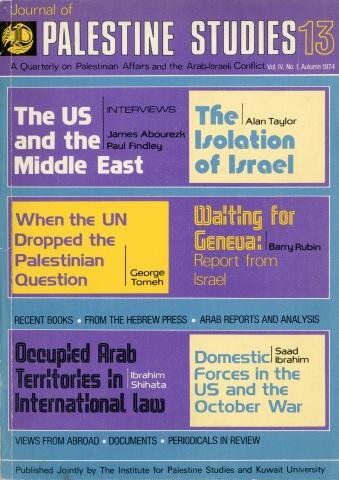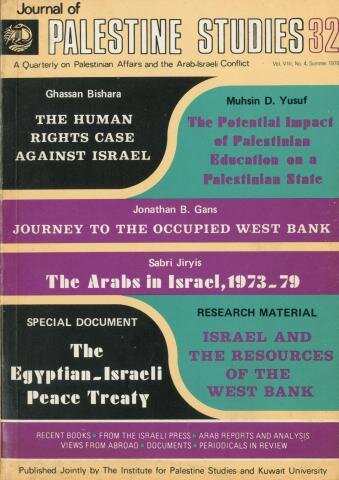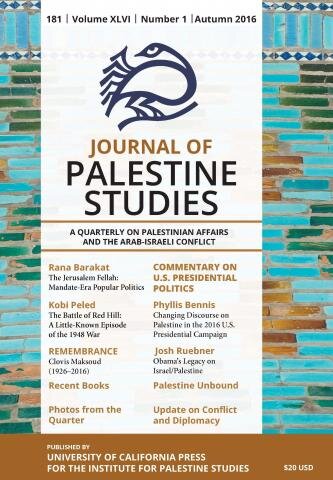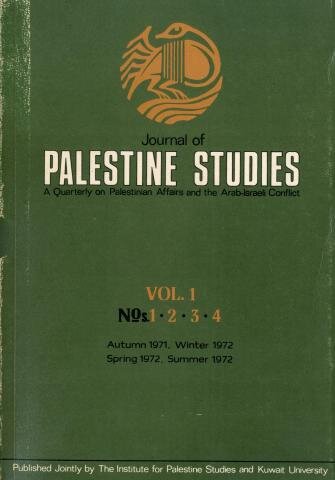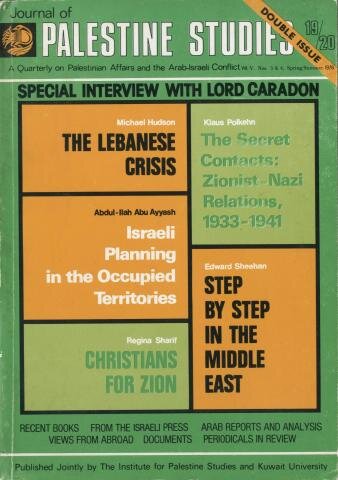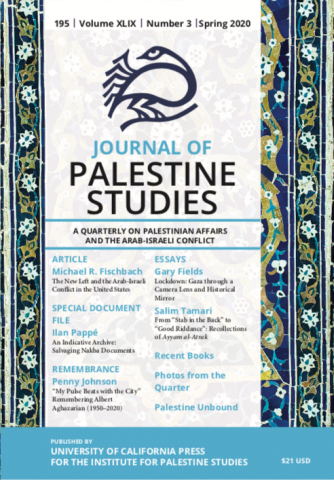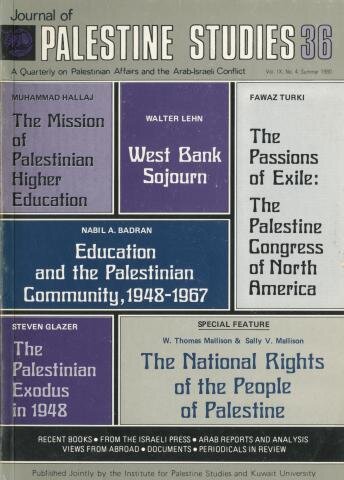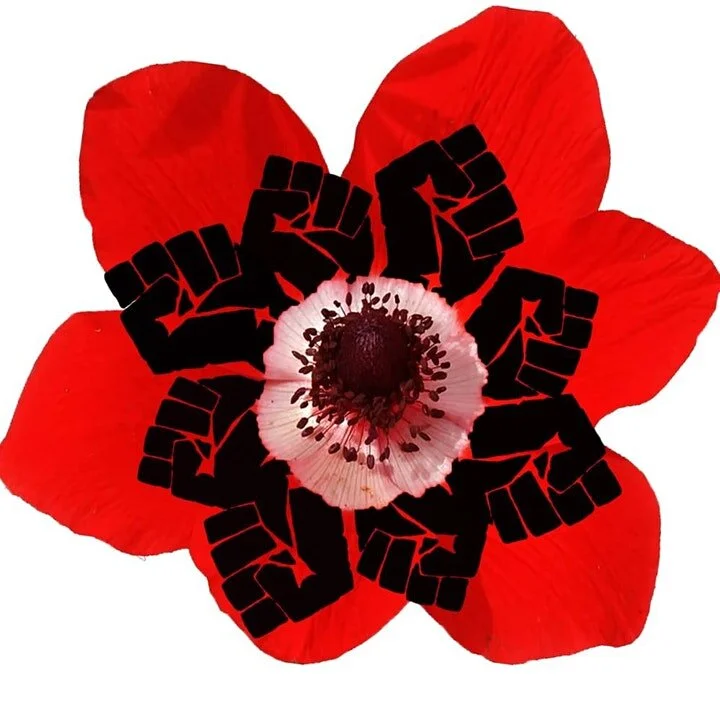The Center for Palestine Studies is now accepting applications to the 2022-2023 Ibrahim Abu-Lughod Post-doctoral Fellowship in Palestine Studies!
The Ibrahim Abu-Lughod (IAL) Award is a year-long fellowship that recognizes and fosters innovative and ground-breaking scholarship on issues related to Palestine and Palestinians. The award will support a scholar working on a book project in any field of the humanities or social sciences who will spend the academic year at Columbia University in New York, pursuing their research and writing, contributing to curricular matters, and participating in the intellectual life of the Center for Palestine Studies.
Established in 2010, the IAL Award was made possible through the generosity of the late Abdel Mohsin Al-Qattan in honor of his friend, the Palestinian scholar and intellectual, Ibrahim Abu-Lughod (1929-2001). Their close friendship began in the aftermath of the Nakba of 1948 and evolved into a shared commitment to justice for Palestinians to be realized through support for excellence in higher education and scholarship. Major support for the IAL Award comes from the A.M. Qattan Foundation with additional support from individual donors.
The international competition is open to post-doctoral scholars who share the mission of the Center for Palestine Studies to advance the production and circulation of knowledge on Palestinian history, culture, society, and politics through outstanding scholarship.
For more information including eligibility and supporting materials, visit the IAL section of the CPS website.
For questions about the fellowship or application, email palestine@columbia.edu.




